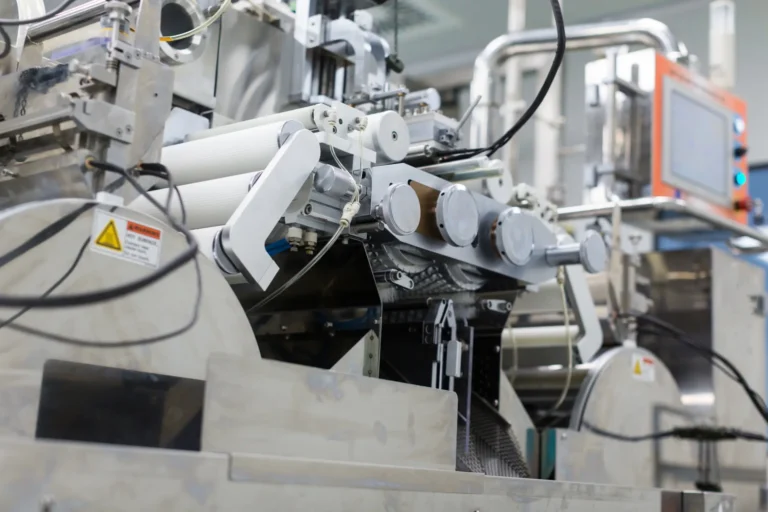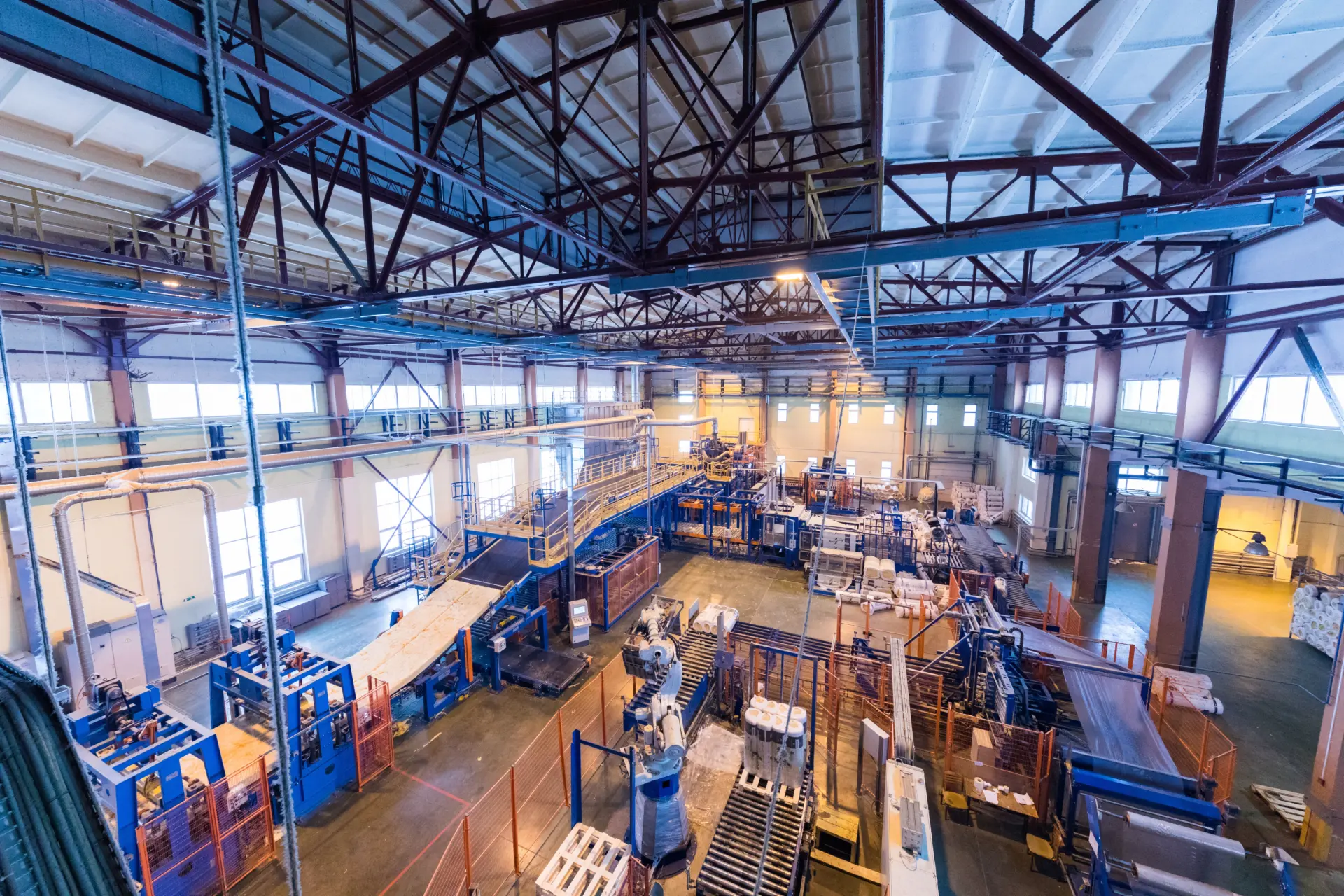Machine failures in production plants are an inevitable aspect of their operations. The causes and effects of these failures can vary widely, from simple human errors to neglect in machine maintenance. These failures can range from brief production interruptions to global disruptions in multiple areas. How can we prevent machine failures in machine parks? What should we focus on? This article is the first part of a series on preventing machine failures in production plants. As the saying goes – prevention is better than cure.
What causes machine failures in production plants?
There can be millions of causes for machine failures in production plants, making it challenging to categorize them. It’s easier to focus on the types of causes. Often, machine failures could be avoided through preventive actions or related to IT systems. For example, a recent antivirus failure was simply a human error that had global consequences but could have been avoided. On the other hand, it’s impossible to completely eliminate the risk of failure. Therefore, every company has certain processes and test procedures to minimize them.
Fortunately, most machine failures can be predicted. Companies use various tools, including:
- Simulation systems,
- Automated testing systems,
- Test scenarios in software.
It’s worth noting that testing software no longer requires a large number of manual testers. When updating software, the system itself can do a lot (like test scenarios handled by artificial intelligence), which helps minimize potential errors.
Another type of failure can be due to IT systems. Especially when a company uses feedback mechanisms. If the IT system in production is down, the plant often cannot produce. For example, if a client requires product traceability, it means that a product cannot be produced and sold without electronic documentation of the manufacturing process. In such a case, an IT system failure forces the plant to halt production.
How to prevent machine failures in production plants?
Rule 1 – treat the machine like your car
Most failures, however, result from neglect. It’s comparable to a car: the more intensively you use it, the more likely it is to experience some failure. That’s why planned maintenance is so crucial. You should replace the oil, filters, and tires at set mileage intervals. Each car part is an expendable element, and the question is when its lifespan ends.
Similarly, machines need regular maintenance to prevent failures. Planned maintenance assumes that certain tools or parts need to be replaced or repaired at set intervals. However, the “meantime” is crucial, as it depends on how the machine is used. Like changing the oil in a car every few thousand miles, if a car is driven at maximum engine capacity, the oil will wear out much faster.
In theory, an ecodriving person and a driver who fully exploits the engine are put in the same category. This is a kind of average replacement time that depends on usage. Just like with a machine. This is the first rule for machines – determine the level of machine usage yourself.
Rule 2 – base maintenance on actual usage
From time to time, tools or parts in the machine should be replaced. But how to measure it? How to know when it’s the “right moment”?
If no tools for recording are used in the machine park, it is challenging to determine how much a particular machine has produced and how it was used. The second rule for eliminating machine failures is to monitor real-time usage and base maintenance on actual exploitation and wear. If used intensively, replacements should be more frequent.
Rule 3 – time for prediction
By monitoring real-time data and basing it on various technological process parameters, you can analyze when a failure is likely to occur. While previous cases analyzed usage, this focuses on physical-chemical properties.
Back to the car example – by observing the vehicle, you can see that the oil starts to overheat, or a bearing or another part is about to fail. Therefore, Explitia has developed a tool for statistical process control, which is very useful for this type of analysis. SPC statistically analyzes a range of machine parameters. This helps qualify them in terms of product quality and predict moments when quality becomes unstable, thus determining the likely occurrence of a failure.
It’s worth noting that machine failures are often linked to the quality of the products they produce. If parameters are thoroughly recorded, you can predict and eliminate certain processes.
It is also important to consider what is done with the provided parameters – whether people react to these notifications or not.
Machine failures in production plants are inevitable and result from various causes. This article discussed preventive actions and regular maintenance. We invite you to read the second part of the series, where we will look at the industries most vulnerable to machine failures and the solutions that will provide real support in minimizing risk.


